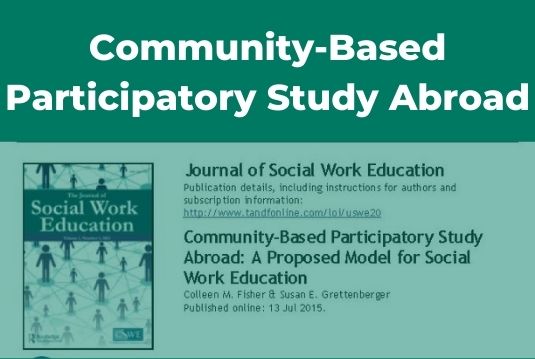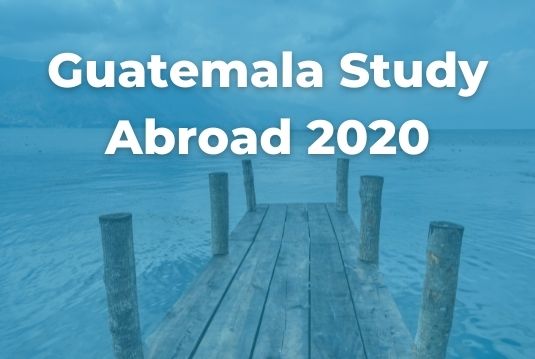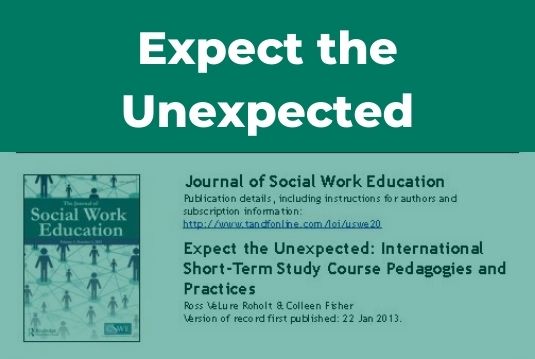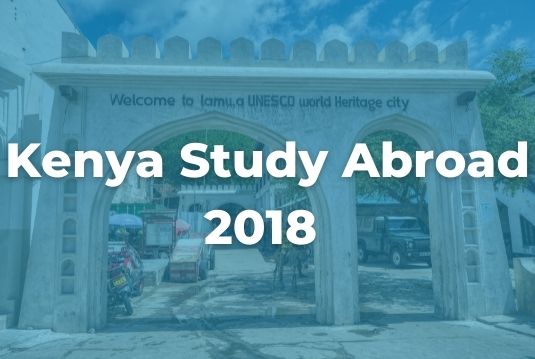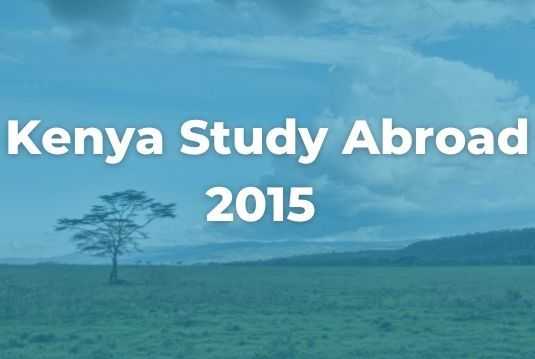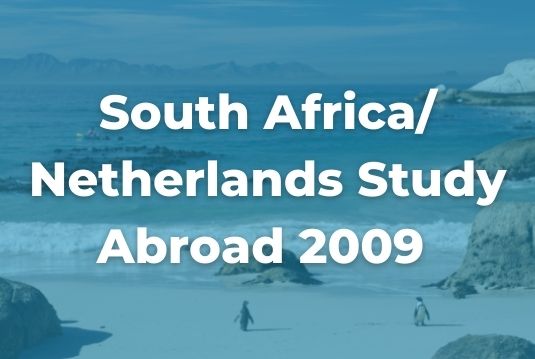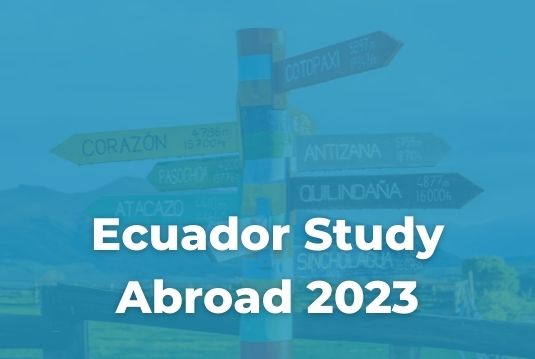
Approaches to Health and Wellbeing in Ecuador (2023)
This study abroad course explores social determinants of health and the innovative ways in which Ecuadorian communities and groups organize and respond to address service gaps and barriers to wellbeing. Together, participants will examine the social determinants within their broader political, cultural, and economic contexts, emphasizing their impact on the country’s most vulnerable populations (e.g., indigenous communities, women, rural families). The course will enable students to reflect on their own perspectives and observe the social and cultural context of Ecuador through an immersive learning experience using service-learning as a key experiential tool.

